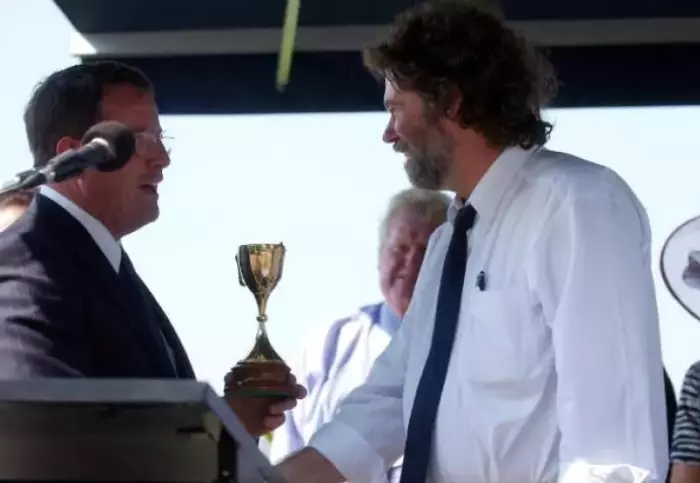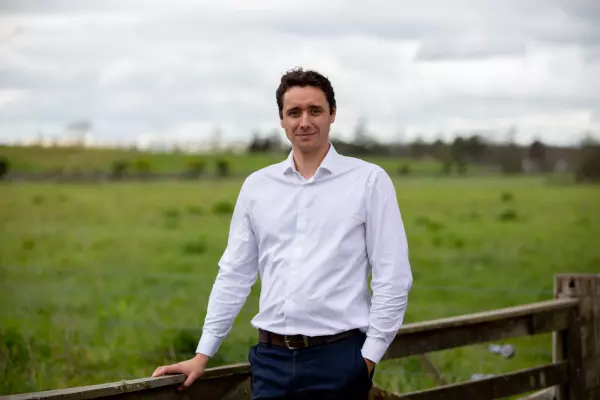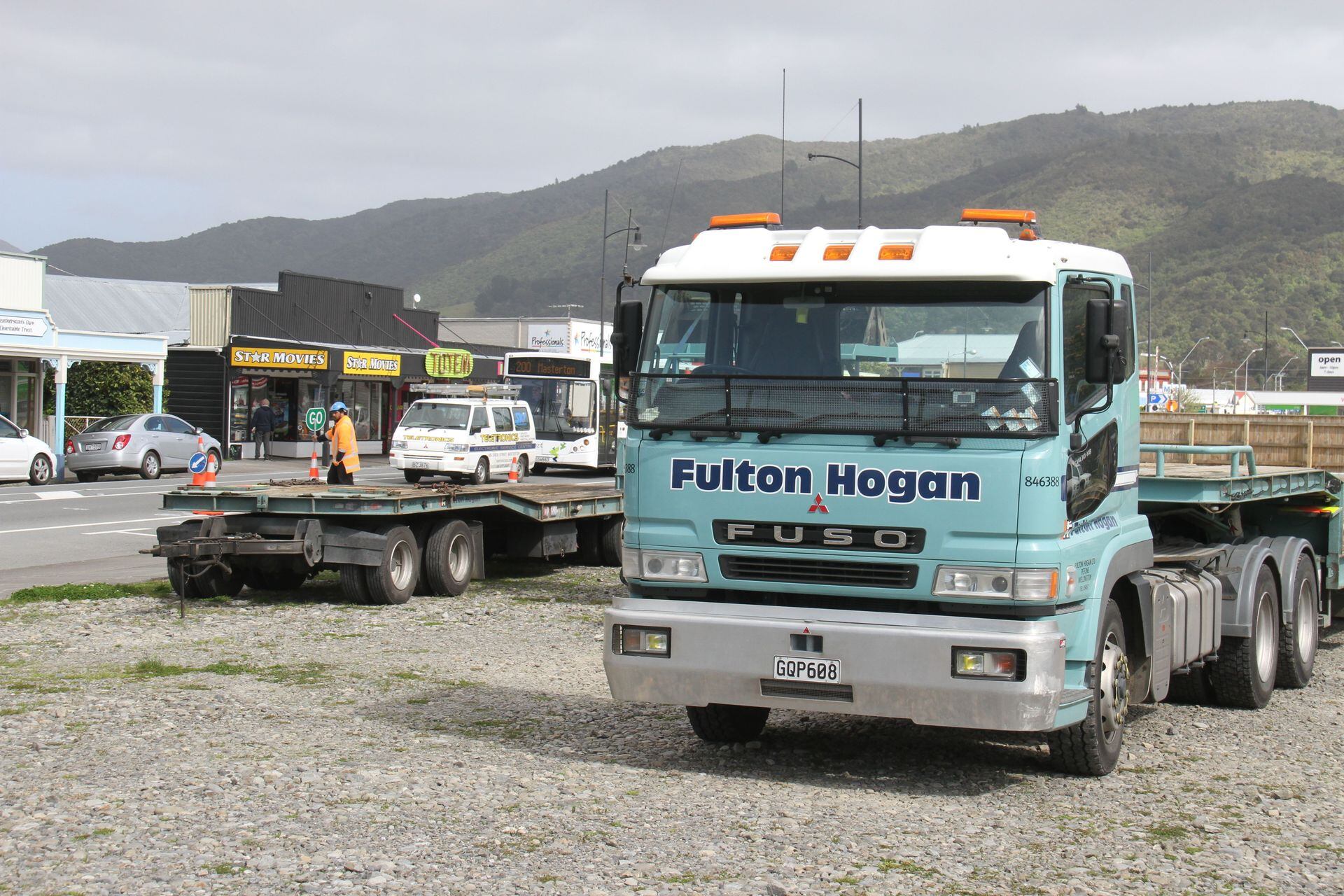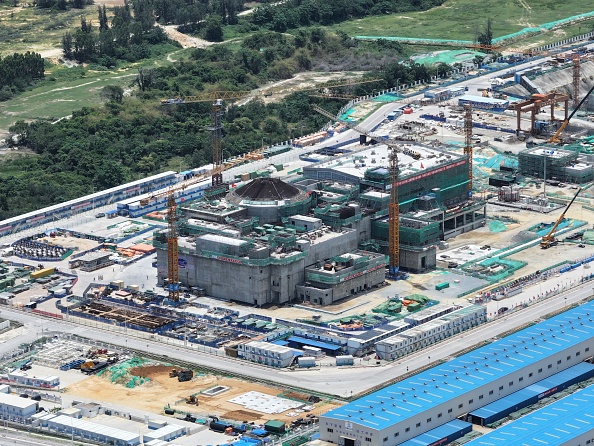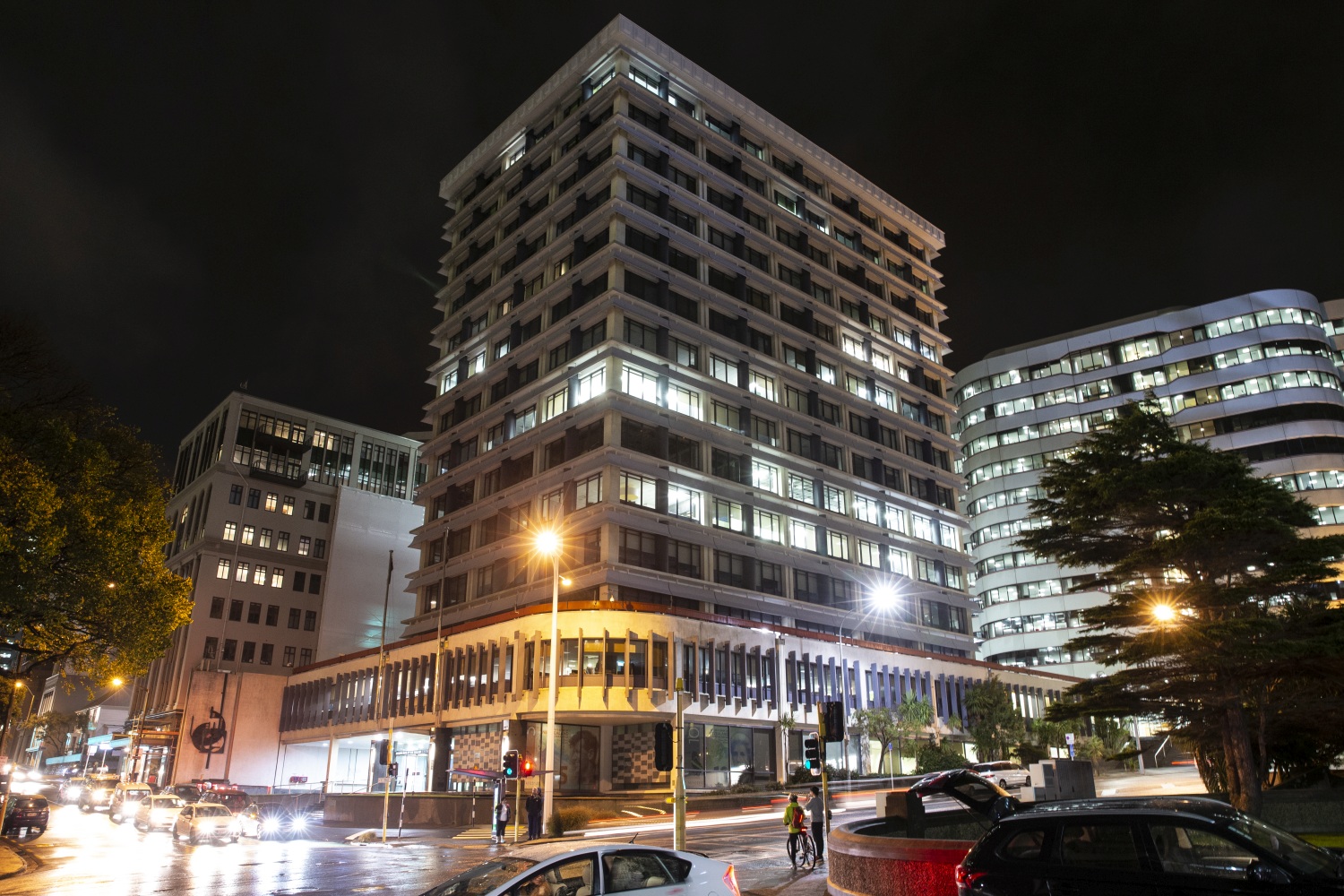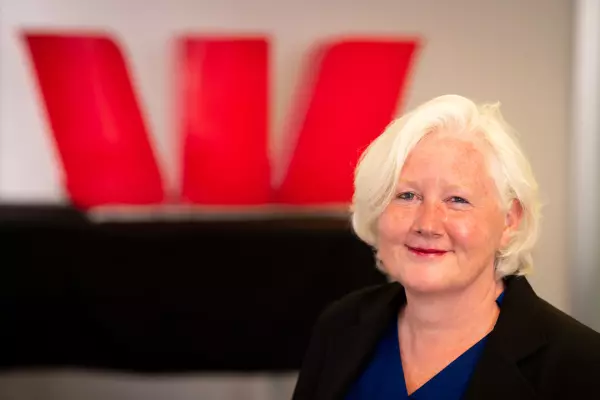An Australian court has ordered Ken Wikeley to disclose the details of his global assets by the start of this week.
Otherwise, the Rainbow's End co-founder who, with Eric Watson, is pursuing Owen Glenn’s Kea Investments over a now-famous coal agreement, faces the threat of prison or having property taken from him.
The federal court of Australia has also ruled that Wikeley must give up the details of “each and every” person, entity or trust who has previously or is currently funding his litigation.
The latest order came after Kea Investments registered three judgments it had obtained in New Zealand across the Tasman.
In late January, Wikeley applied to the registrations set aside, given he’s trying to appeal them in NZ.
An application was heard on Jan 25 for an interim stay, which wasn’t opposed by Kea subject to suitable conditions being imposed on Wikeley, which caused the latest “battleground”.
What’s suitable?
Based on Wikeley’s undertaking that he wouldn’t himself, or anyone working for him, remove, sell, charge, or mortgage assets up to the value of A$2.4 million (NZ$2.5m), he got the interim stay pending a hearing in April for the original application.
One condition was that he had to swear an affidavit informing Kea of his assets worldwide and disclose anyone funding his litigation by 4pm on Feb 2.
However, shortly after 3pm that day, Wikeley’s solicitor got the proceeding to be urgently heard, wanting an extension of time so they could have further time to consider whether a “mere expectancy or right of due administration under a trust would be captured by the order” and so allow recently briefed senior counsel to “get up to speed”.
He got three extra days, filing the affidavit on Feb 5, in which he stated that “at the time of signing this affidavit”, he did not have “any funding arrangements in place with any third party for the purposes of the Australian and New Zealand litigation”.
He went on to say that he did, in fact, previously have funding but didn’t disclose who provided it or to what extent.
He claimed his assets were 50% of an apartment in Ukraine – purchased for US$330,000 (NZ$49,291) in 2007 – a car, golf clubs, two mobile phones, a laptop, A$50,000 (NZ$53,416) in the bank and A$70,000 held in a trust account for legal fees.
Following that, Kea brought an interlocutory application seeking a “vast array” of orders, which was heard before Justice Kylie Downes at the federal court in Queensland on Feb 23.
Kea’s orders
Kea wanted him to disclose his assets as of Jan 25, bank statements covering 12 months, balances of his accounts, further details about litigation funders, including how it was provided, and A$248,000 in security for its costs.
Kea told the court the bank statements were needed as it would show what funding Wikeley had received for litigation “and that, based on the findings made in the NZ judgments and the proceedings in the [Queensland] supreme court, there is reason to doubt whatever Mr Wikeley says about his litigation funding”.
But Wikeley’s lawyer said it was “unnecessary” because Kea could verify the accuracy of what happened by looking at the statements, which reveal the balance as of Jan 25.
Orders
Justice Downes ordered Wikeley to serve Kea with an affidavit by March 4, disclosing the location of all of his assets worldwide as of Jan 25, as well as his bank balances with his statements going back to April 2023.
He also again had to disclose who was and had funded his litigation, including names and the date and amount provided.
He also had to pay A$120,000 for security costs.
If he refused, neglected, or disobeyed, “you will be liable to imprisonment, sequestration of property or punishment for contempt”, Justice Downes’ judgment, dated Feb 27, said.


